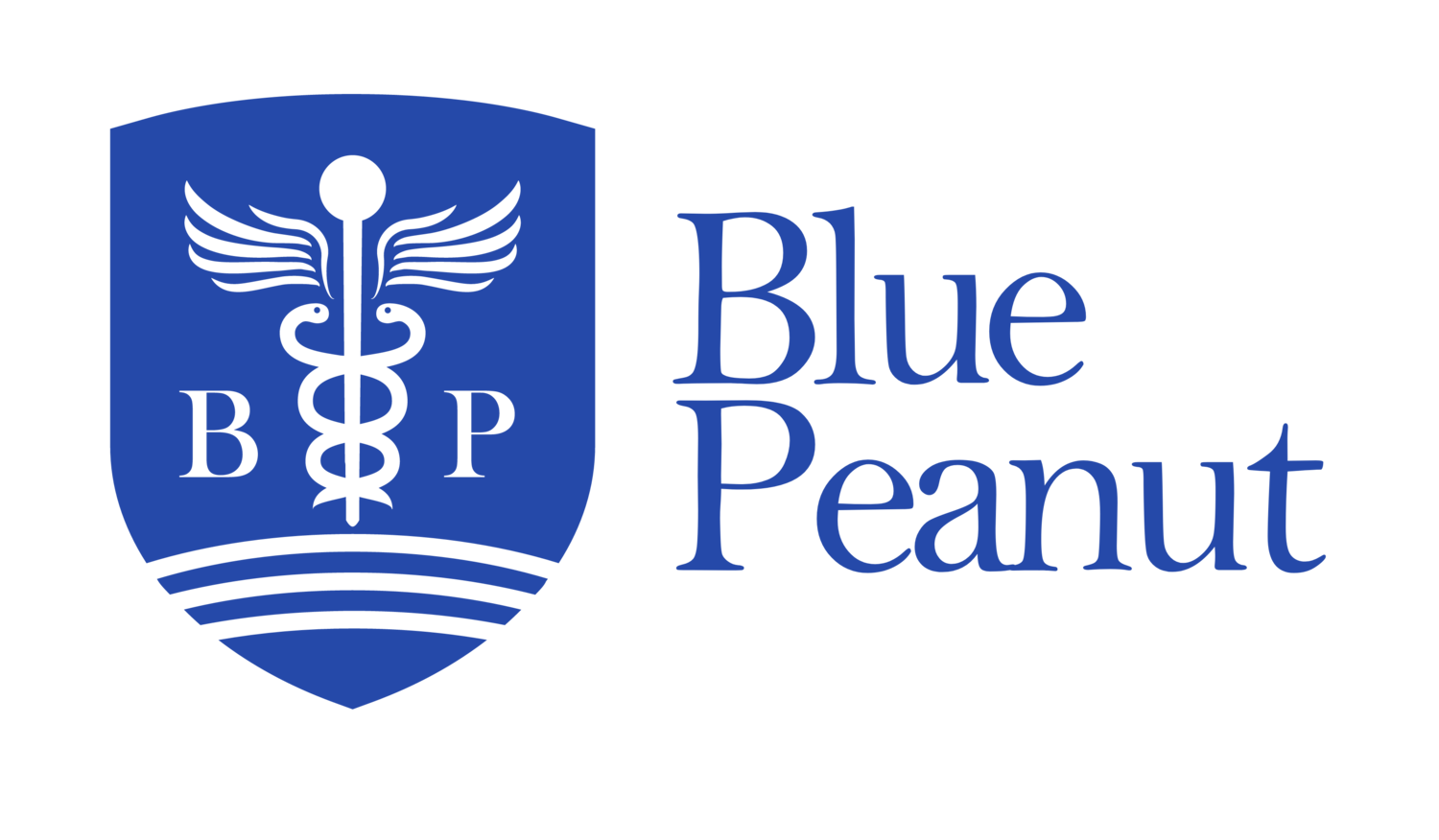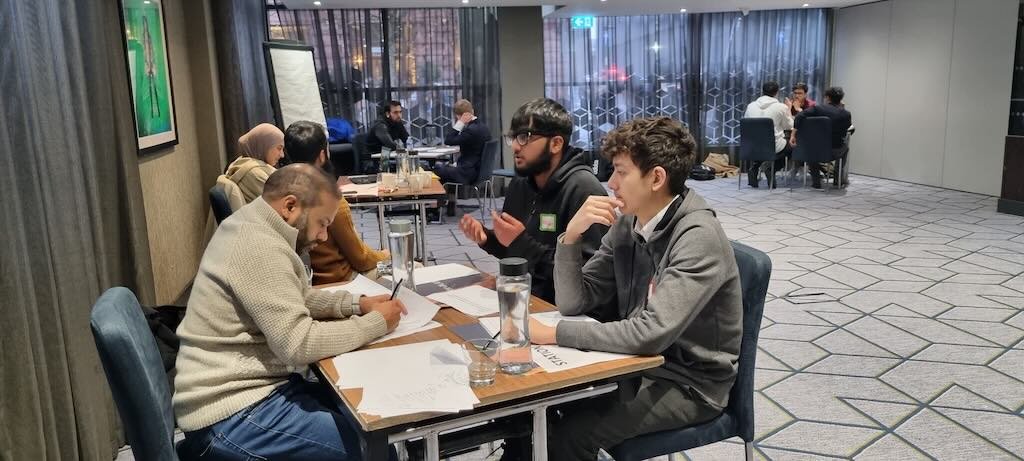Applying to Study Medicine at the University of Liverpool: A Comprehensive Guide
Introduction
The University of Liverpool is one of the UK’s leading medical schools, offering a well-established MBChB Medicine and Surgery programme. With a focus on clinical excellence, patient-centred care, and research-led teaching, Liverpool attracts thousands of applicants each year. This guide provides a detailed breakdown of the application process, entry requirements, and what to expect at each stage of the selection process.
Entry Requirements
Academic Requirements
To be eligible for the MBChB Medicine and Surgery programme at the University of Liverpool, applicants must meet the following academic criteria:
A-Level Requirements
AAA in three A-Level subjects including Chemistry and Biology.
General Studies, Critical Thinking, and Citizenship Studies are not accepted.
Resit candidates are considered on a case-by-case basis.
GCSE Requirements
Minimum of 9 GCSEs at grade 4 (C) or above.
Grade 6 (B) or above in Mathematics, English Language, and Science subjects.
IB Requirements
36 points overall, including 6,6,6 at Higher Level in Chemistry and Biology.
Graduate Entry
A minimum 2:1 Honours degree in a relevant subject.
GCSE and A-Level requirements may still apply.
UCAS Personal Statement
Liverpool does not place significant emphasis on the UCAS personal statement when shortlisting candidates. However, it remains an important part of the application, particularly for interview discussions. A strong personal statement should highlight:
Motivation for studying medicine.
Relevant work experience and reflection on it.
Core skills such as teamwork, communication, leadership, and problem-solving.
Volunteering or extracurricular activities demonstrating commitment to healthcare.
UCAT Requirements
Liverpool uses the University Clinical Aptitude Test (UCAT) as part of the selection process. The key points to note are:
There is no official minimum UCAT cut-off, but competitive applicants typically score above the 60th percentile.
Situational Judgement Test (SJT) Band 4 automatically leads to rejection.
UCAT is used alongside academic qualifications to rank candidates for interview invitations.
A high UCAT score improves chances but does not guarantee an interview.
Medical School Interview Process
The University of Liverpool conducts Multiple Mini Interviews (MMIs) to assess applicants. MMIs typically take place between December and March, with offers made from late February to April.
What Does the MMI Assess?
Each station in the MMI evaluates different attributes essential for a medical career. Key areas assessed include:
Communication Skills – ability to explain concepts, active listening, and empathy.
Ethical Reasoning – Understanding of medical ethics principles, such as patient confidentiality and consent.
Teamwork and Leadership – ability to collaborate effectively in a group setting.
Problem-Solving and Critical Thinking – logical reasoning and decision-making under pressure.
Motivation and Insight into Medicine – understanding of the realities of a medical career and NHS structure.
Work Experience Reflection – ability to discuss what was learned from clinical placements or voluntary work.
Role Play/Scenario-Based Tasks – interacting with an actor to assess empathy, professionalism, and patient care approach.
When Are Interviews and Offers Made?
Interviews: December - March.
Offers Released: February - April.
Decision-Making Criteria: A combination of UCAT scores, academic performance, and MMI performance is used to decide offers.
Historical Application Statistics
Understanding historical application trends can help gauge the level of competition. Based on recent cycles:
Total Applications: Approximately 3,000 - 3,500 per year.
Interviews Offered: Around 900 - 1,000 candidates.
Offers Made: Approximately 500-600 places.
Acceptance Rate: Approximately 16-18%.
Conclusion
Applying to the University of Liverpool for Medicine is highly competitive, requiring strong academic credentials, a good UCAT score, and excellent interview performance. While the personal statement is not heavily weighted in the selection process, it does play a role in interview discussions. Candidates should prepare thoroughly for the MMI, focusing on effective communication, sound ethical reasoning, and strong teamwork skills.
Prospective applicants are encouraged to check the official University of Liverpool Medicine admissions page for the latest updates and detailed guidelines.

